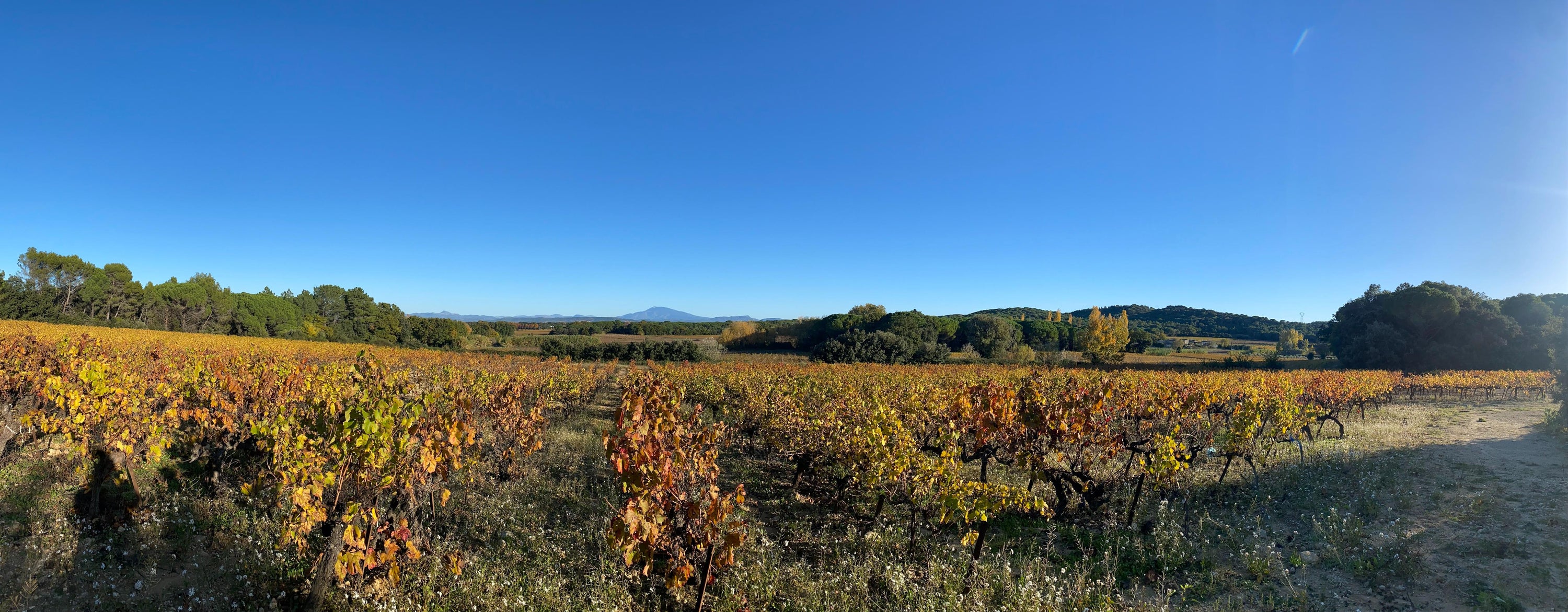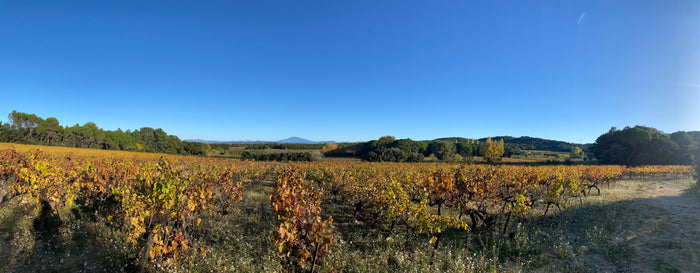
Limiter nos impacts négatifs et régénérer
Oé travaille à limiter les impacts négatifs de la filière : réemploi des bouteilles, démarche zéro-déchet, choix de l’agriculture biologique, modèle d’entreprise réinventé, transport bas-carbone…
Et face aux dépassements de nos limites planétaires, “faire moins mal” ne suffit plus. Nous dépassons des seuils de sécurité qui ont des conséquences tant pour les humains que pour les écosystèmes dont nous dépendons. C’est pour cela qu’Oé contribue à restaurer les conditions du vivant et renouveler les ressources naturelles.
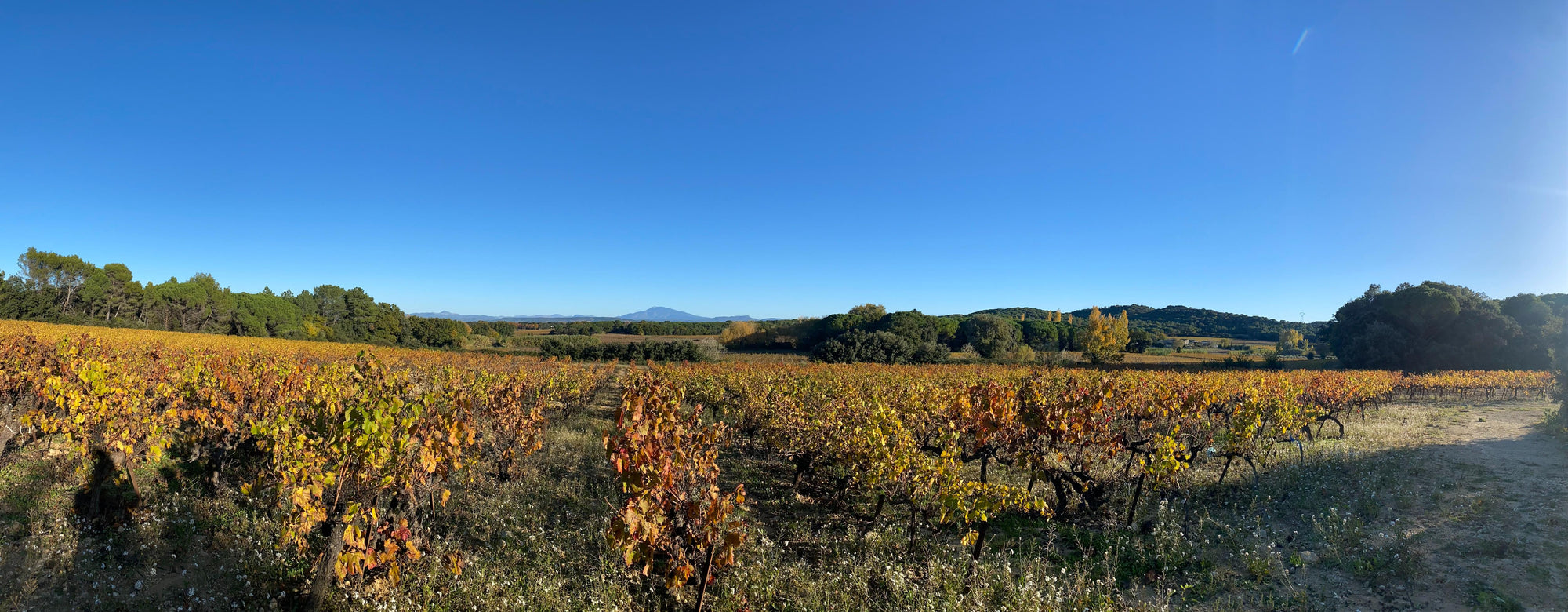
Notre réponse : la vigne en bio-agroécologie
Victime, responsable et solution, l’agriculture est tout à la fois face au changement climatique et à l'effondrement de la biodiversité. Notre mission est de transformer l’agriculture et de soutenir une viticulture bio-régénérative pour produire de manière durable, préserver le vivant et rendre des services écosystémiques dont nous, entreprises et citoyens, profitons gratuitement.
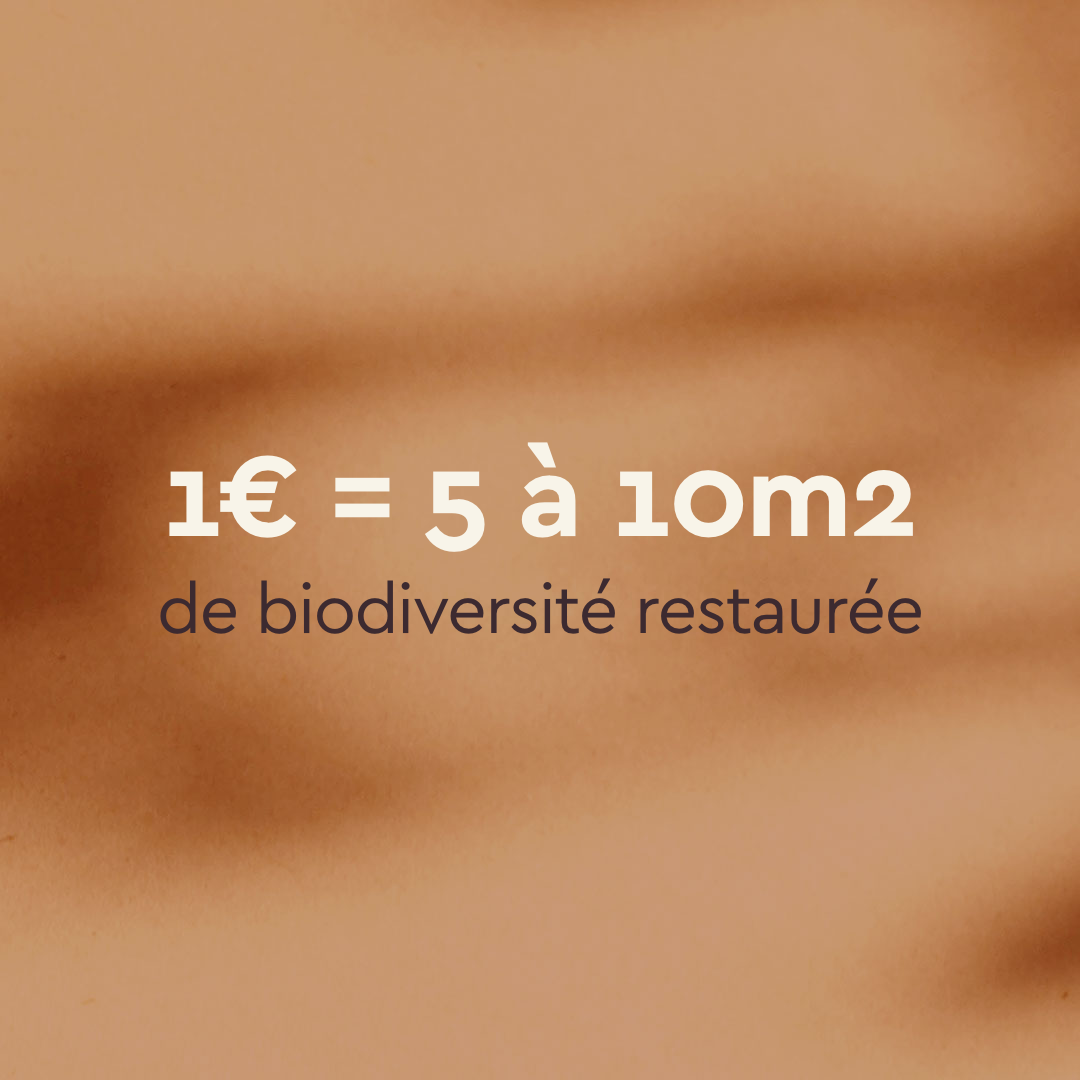
Cette viticulture allie production agricole et reproduction des ressources naturelles, elle lie l’agronomie et l’écologie et vise à séquestrer du carbone, restaurer la biodiversité et régénérer le cycle de l’eau pour répondre aux défis climatiques et environnementaux actuels. Elle répond aux défis sociaux rencontrés par les agriculteurs : renouvellement des générations, valorisation du métier, répartition de la valeur, connexion au grand public, etc.
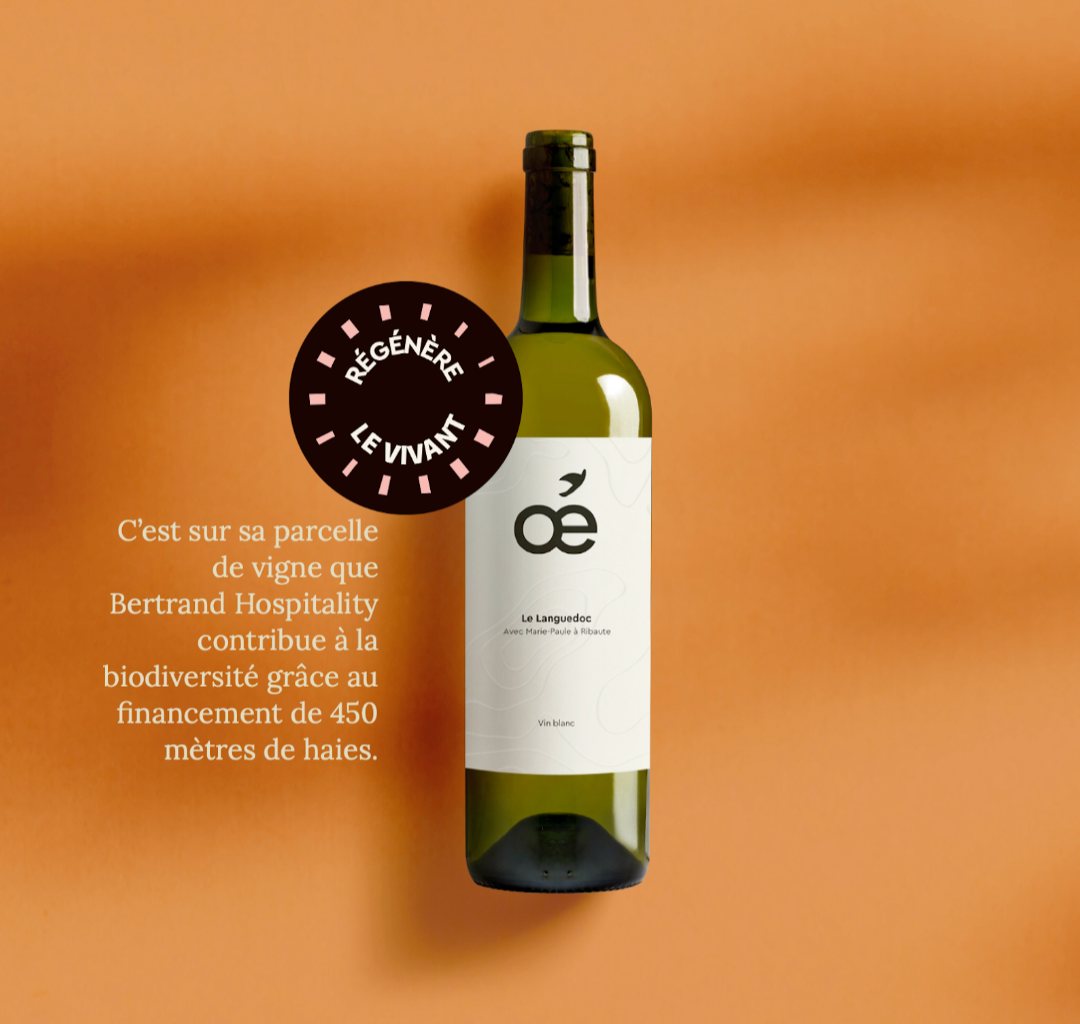
Vous engager à nos côtés
Vous financez une partie des actions de régénération que nous menons sur plusieurs années.
On vous fournit des éléments de communication (bouteilles, visuels, prises de parole) et des indicateurs de reporting (CSRD), permettant d'embarquer plus largement vos parties prenantes (collaborateurs, clients, prospects).
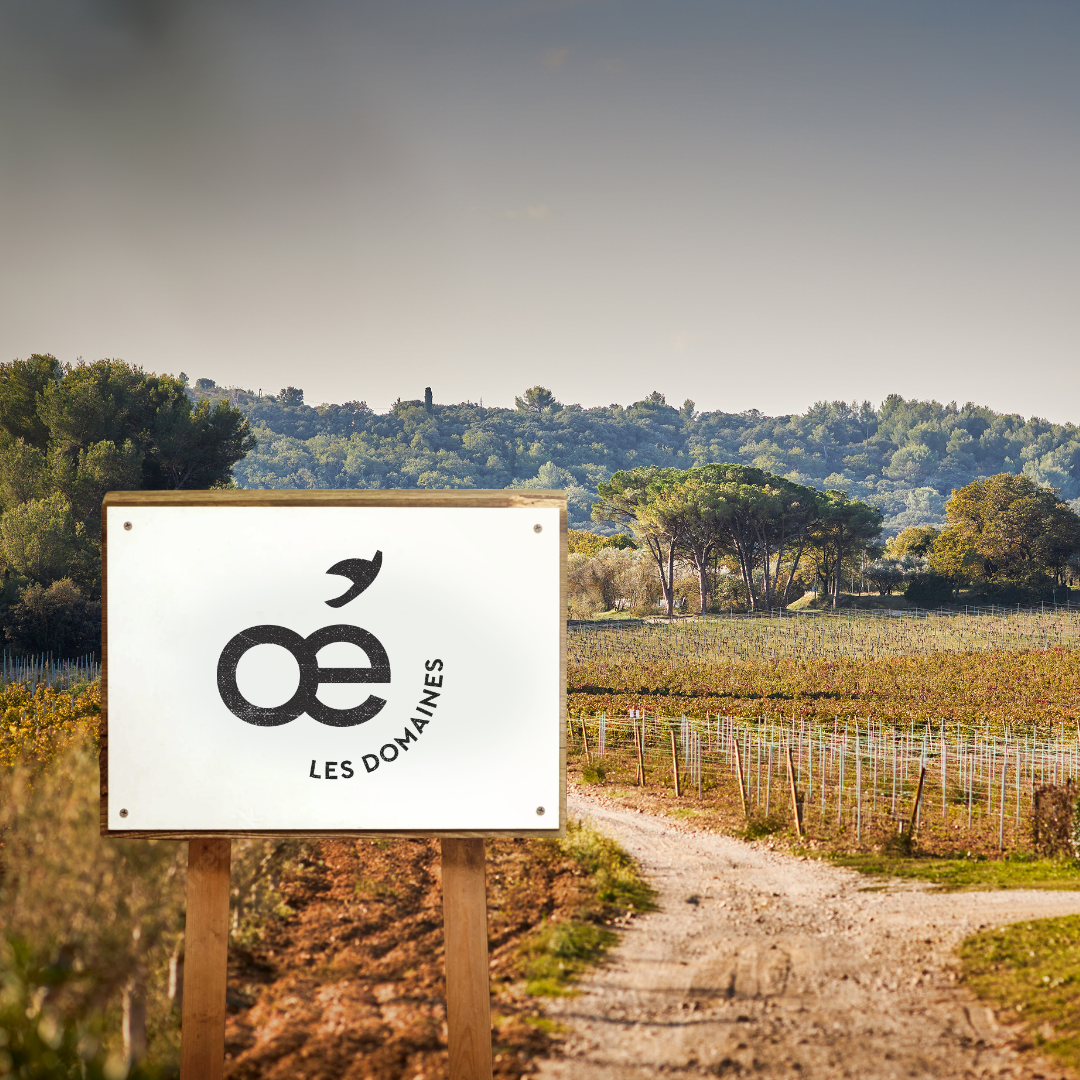
Cette histoire commence au Domaine Oé
C’est sur nos 6 hectares en vallée du Rhône que nous lançons nos premières actions de transition bio-agroécologique de la vigne. Situé entre Mondragon (Vaucluse) et Rochegude (Drôme), le domaine - qui tire son nom de la chapelle en lisière d’une de ses parcelles - offre une vue magnifique sur le mont Ventoux et une halte bienvenue aux randonneurs du GR® 4.
Vous embarquez avec nous dans ce projet de restauration du vivant ?
Ce qu’on fera dans les vignes avec les fonds collectés
-
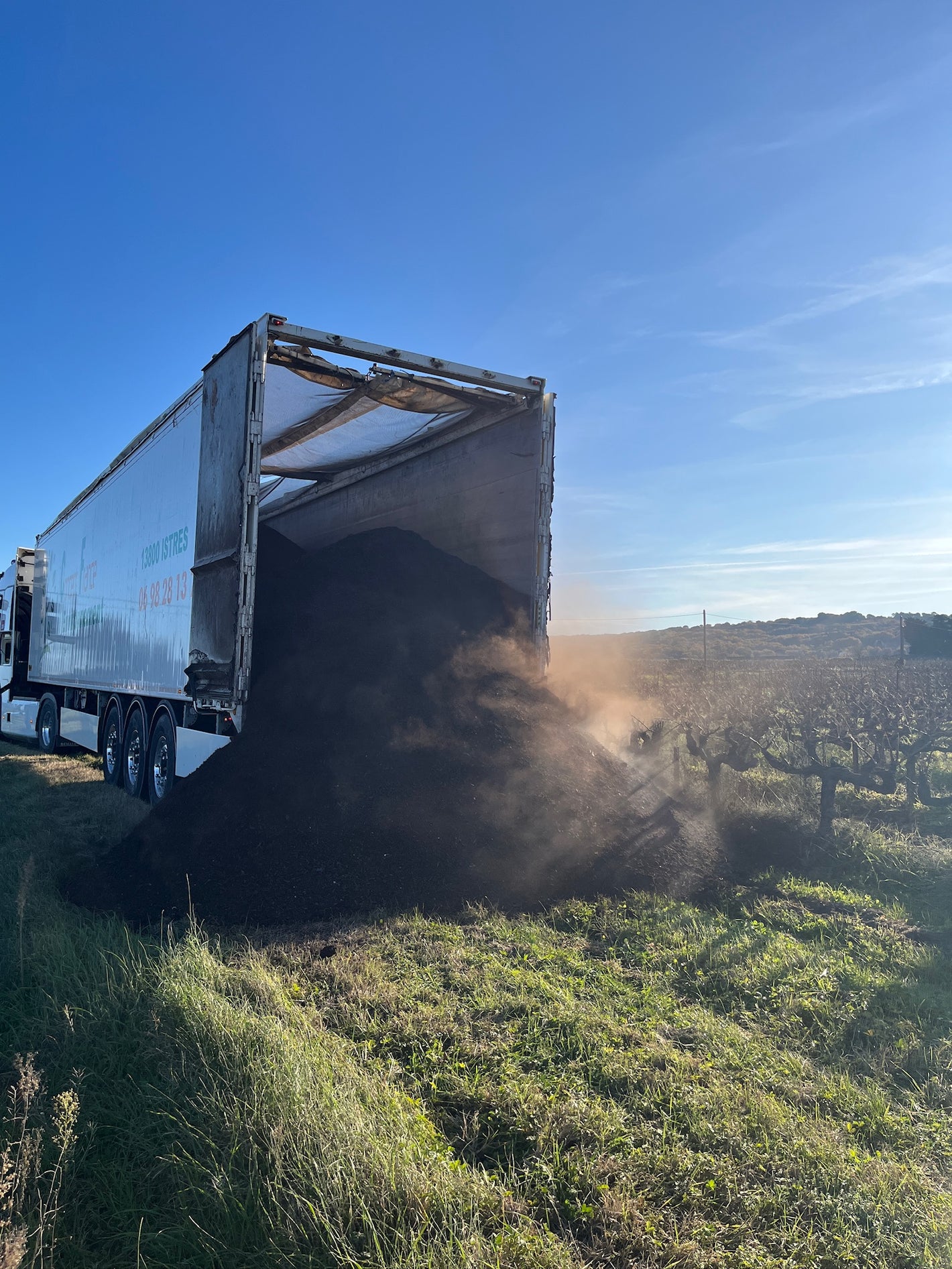
Apporter de la matière organique pour maintenir la fertilité des sols
Compost, broyat, biochar... pour fournir des nutriments essentiels à la croissance des plantes et agir comme une réserve nutritive ; pour améliorer la structure du sol : retenir l’eau, aérer le sol, réduire sa compaction et son érosion ; pour nourrir les micro-organismes, champignons et vers de terre qui améliorent la richesse du sol ; pour capturer et stocker plus de carbone atmosphérique.
-
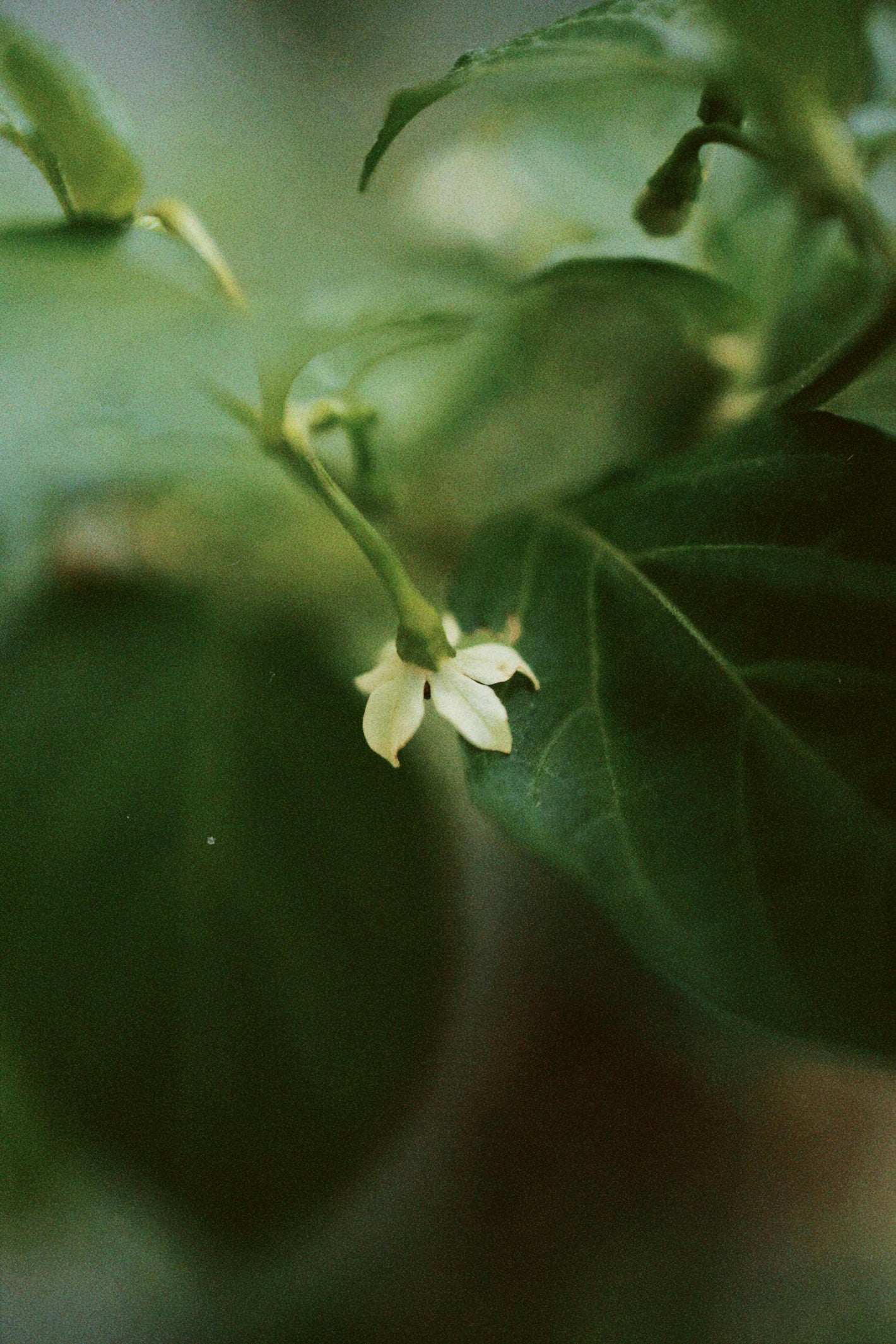
Mettre en place des couverts végétaux pour protéger et enrichir le sol
Ces plantes cultivées permettent de protéger et d’enrichir le sol, de limiter l’érosion, de la stabiliser grâce au réseau racinaire qui réduit le ruissellement et la perte de particules fines ; décompacter naturellement le sol grâce aux racines des plantes et améliorer son aération et l’infiltration de l’eau ; enrichir le sol en matière organique et en nutriments pour la culture principale ; favoriser la biodiversité en attirant des insectes et favorisant les micro-organismes et vers de terre ; réduire l’évaporation en formant une couverture protectrice contre le soleil, et la capacité du sol à absorber et stocker l’eau.
-

Intégrer des bandes fleuries et des dispositifs pour la faune locale
Pour attirer une grande diversité d’espèces (insectes, oiseaux, petits mammifères) dont les pollinisateurs et prédateurs naturels des ravageurs ; pour améliorer la pollinisation et augmenter les rendements et la qualité des culture ; pour augmenter la résilience face au changement climatique en protégeant les cultures et en augmentant l’humidité… et pour contribuer au paysage et à la reconnexion à la nature !
-
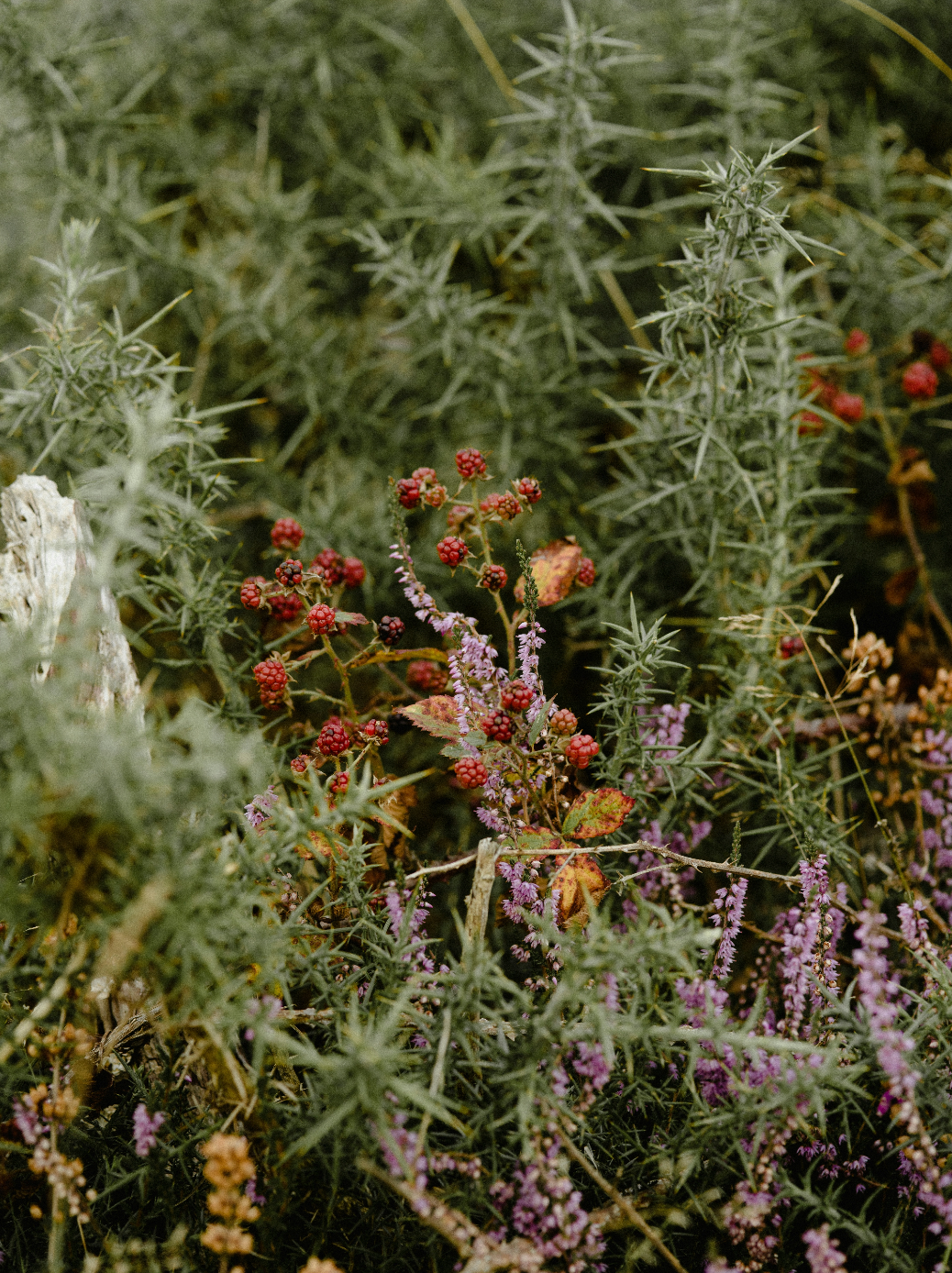
Implanter des haies autour des parcelles pour créer un réservoir de biodiversité
Et prévenir les risques liés au changement climatique : réguler la température de la vigne : restitution de la chaleur la nuit, climatisation le jour par l’évapotranspiration ; créer un effet parasol/parapluie ; lutter contre l’érosion des sols : freiner le vent, réduire le ruissellement de l’eau ; améliorer la structure et fertilité des sols (grâce à leurs racines, et aux matières organiques issues des haies) ; capturer du CO2 ; et protéger la biodiversité en offrant un habitat et des corridors écologiques
-
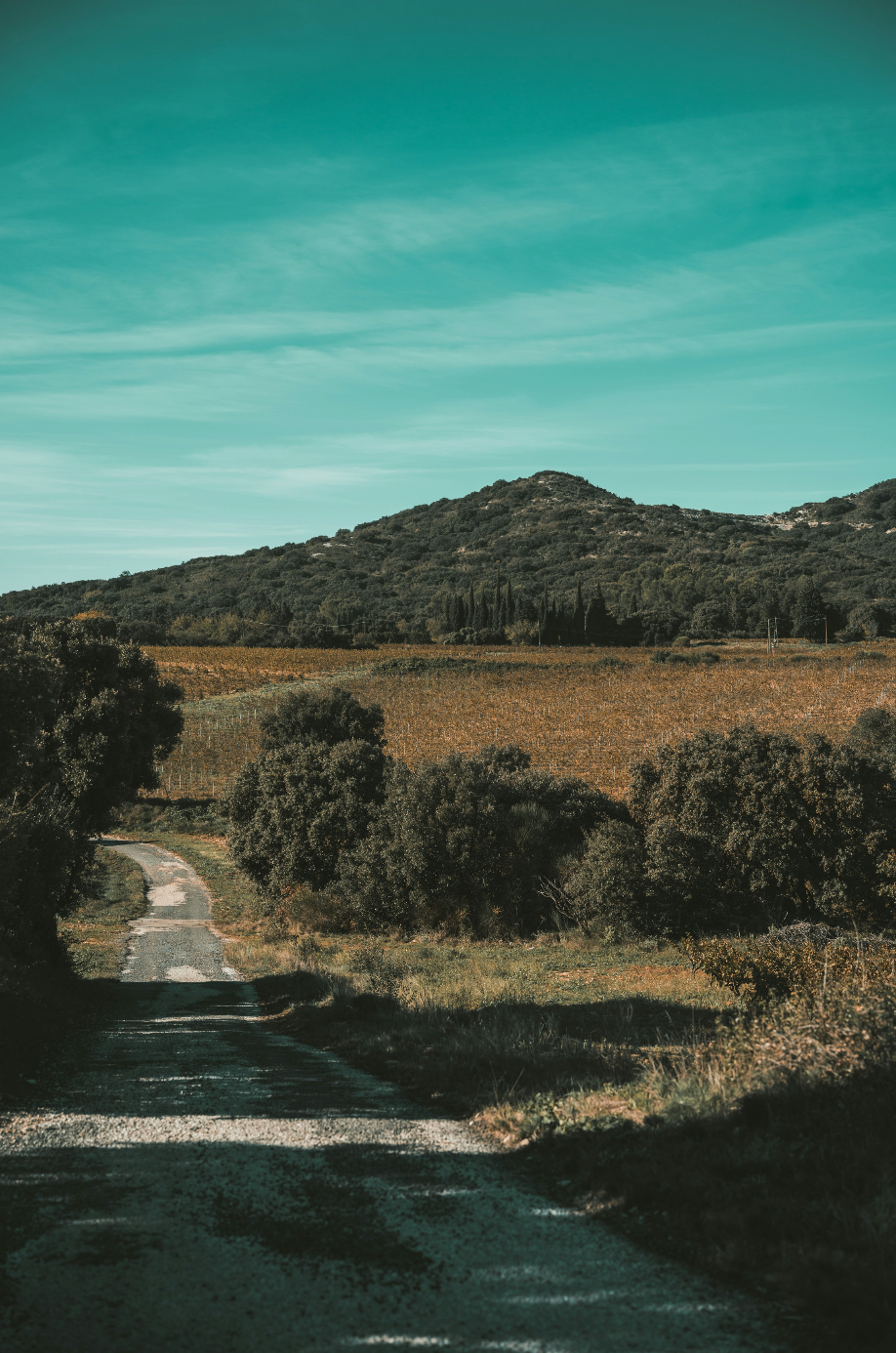
Planter des arbres en vitiforesterie
L’agroforesterie permet d'améliorer la fertilité des sols, de réguler les ressources en eau, d'améliorer le microclimat, de séquestrer du carbone et de favoriser la biodiversité.

